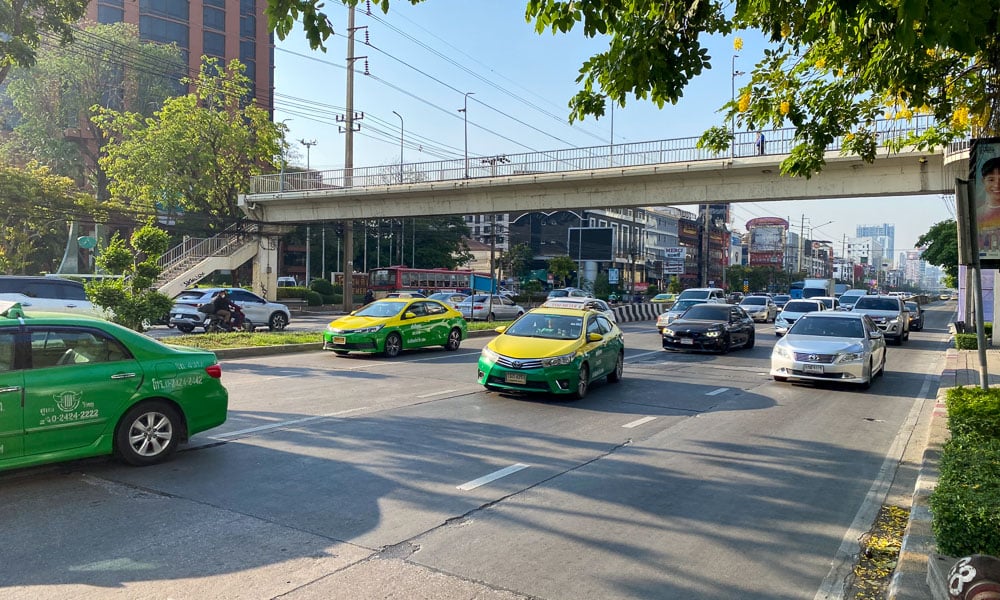
During a recent trip to Thailand, we got to experience traffic in and around the capital city of Bangkok firsthand and made some interesting observations and comparisons to Metro Manila.
Busy but well-mannered. Bangkok traffic can be heavy, especially during rush hour, but the volume of cars is pretty much where the similarities between this city and Metro Manila end.
People here seem to be a lot more well-mannered and chilled behind the wheel. Whereas in Metro Manila you wouldn’t be able to fit a one-peso coin between the car in front and the one behind it, here there are loads of gaps in traffic even when things get busy.
There’s much better lane discipline and respect for the rules of the road, and a pleasantly noticeable lack of human enforcers at every junction. It’s not perfect, but a damn lot better than our own metropolis. I wish Metro Manila was like this, and I honestly don’t know why there are seemingly so many hotheads on the road in the Philippines.
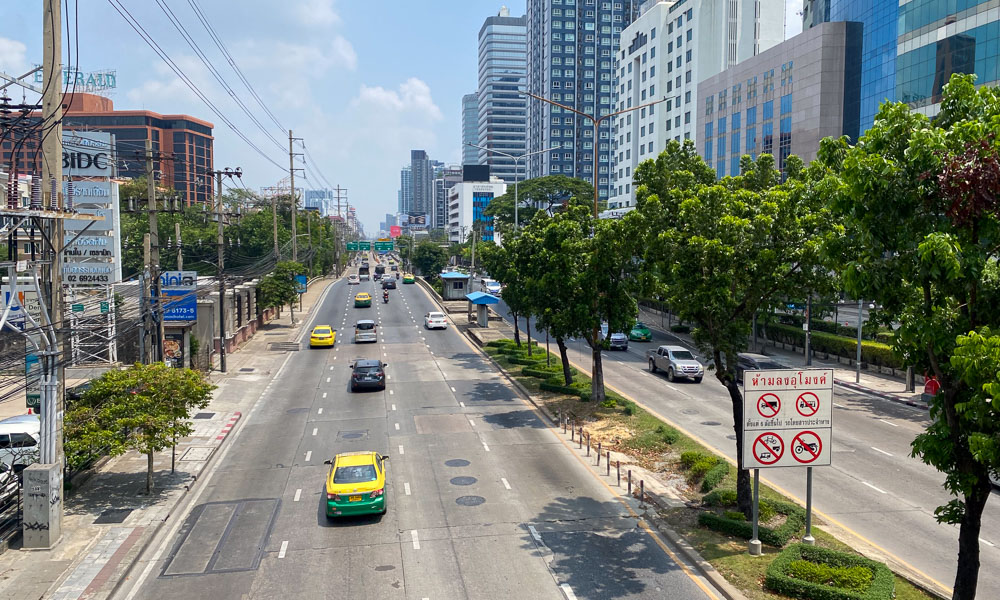
Noise? What noise? For a busy Asian megacity, Bangkok roads are surprisingly quiet. No buses announcing their arrival with deafening fanfare, no jeepneys with exhausts modeled on the trumpets of Jericho, and there are hardly any drivers or riders blowing their horns.
Compared to the crazy cacophony of Metro Manila, Bangkok roads are positively serene where the soundtrack is concerned. You could press this on a CD and sell it as a meditation track; it’s that quiet. Philippine LGUs, take note!
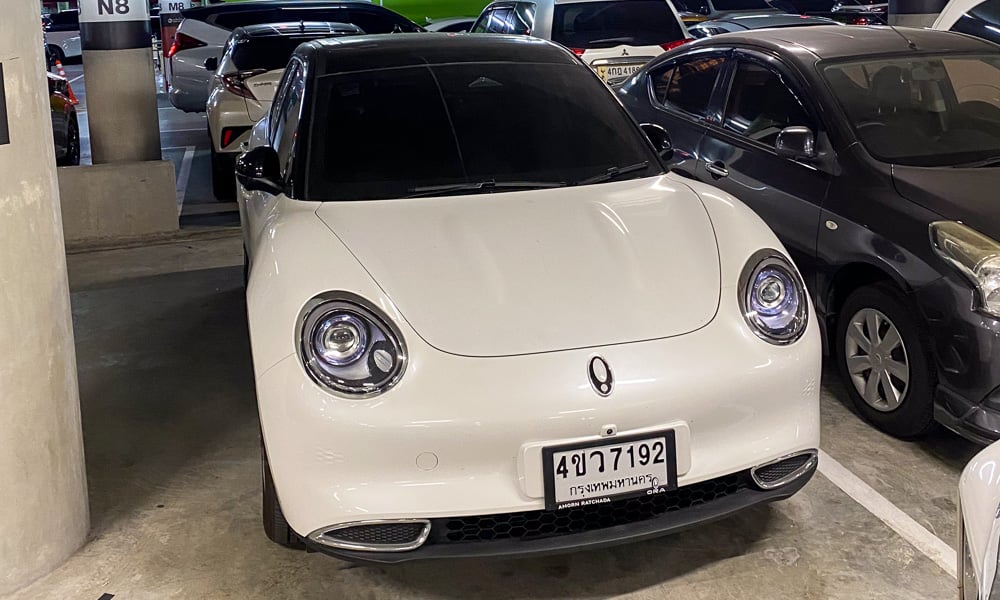
EVs are on the rise. Everywhere you look, you’ll see adverts for electric cars. Mostly Chinese brands are heavily targeting Thailand at the moment. The number of EVs you spot on the road isn’t massive yet, but they are certainly there.
BYD seems to have a strong presence here. The air, while equally hot and humid as back home, seems to be a lot cleaner here as well. That’s probably not just down to EVs, but to functioning and properly enforced vehicle emission rules.
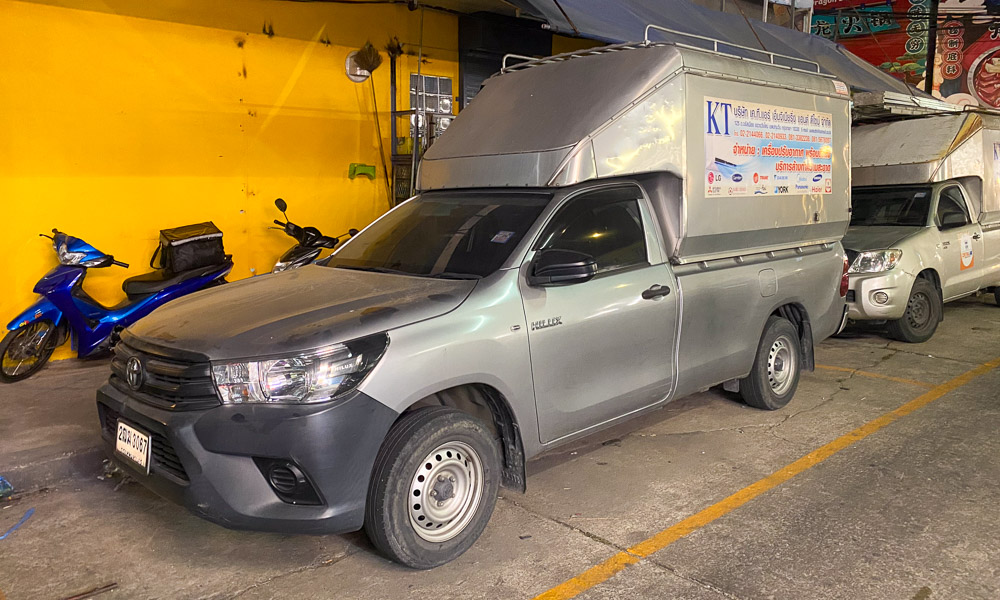
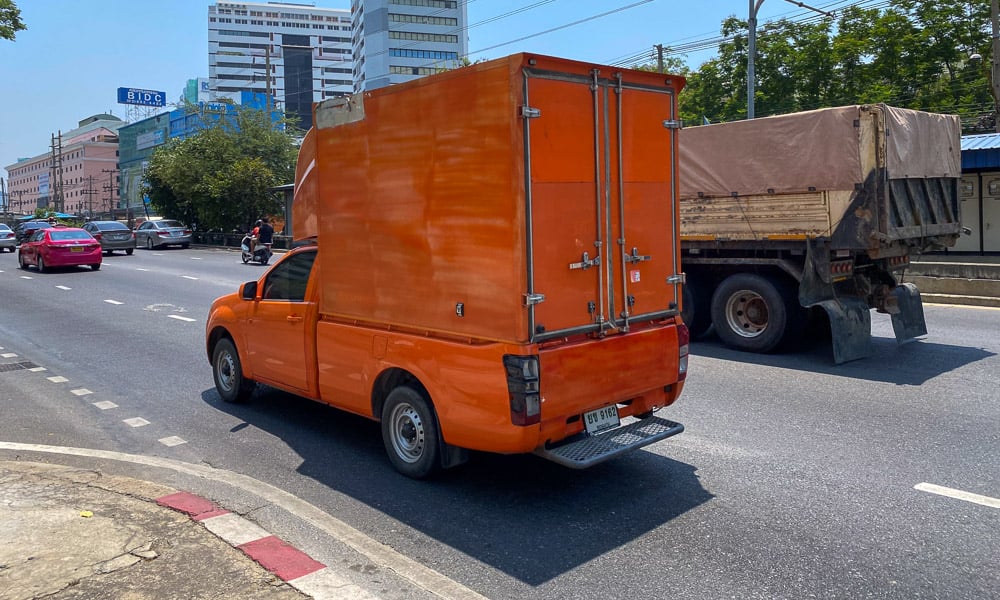
Their pickup game is next level. Many of the cars here are the same you’ll see on our roads. But when it comes to pickup trucks, Thai drivers are playing in a different league to Filipinos.
The way people here maximize the utility of these cars by adding massive cargo compartments to the back of these hardworking vehicles is impressive. Who needs a heavy-duty truck when you have a Hilux?
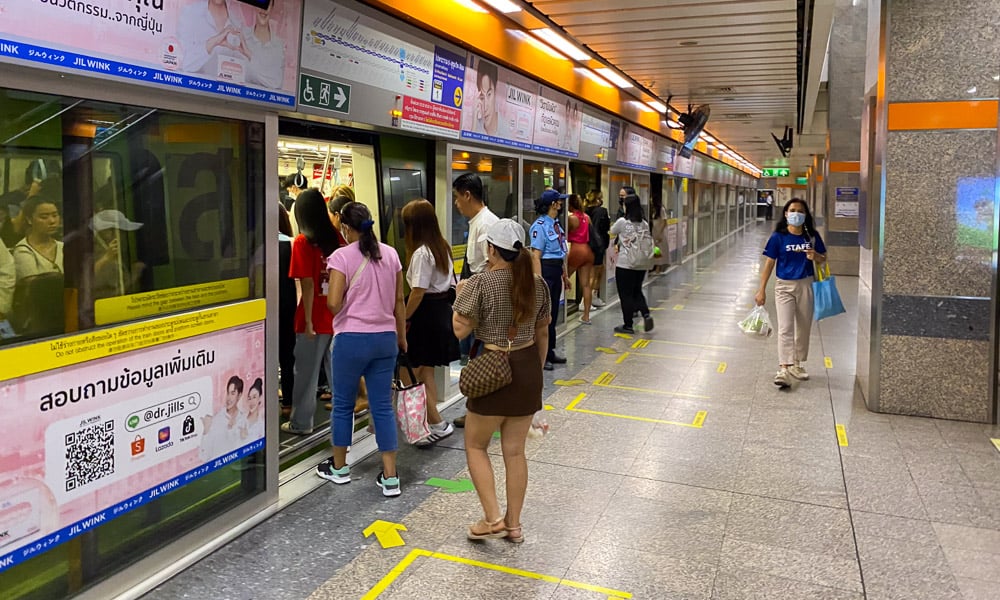
A good subway makes a huge difference. Bangkok still has traffic issues, and rush hour can be the same kind of endless metal avalanche we experience on our shores. But at least in the Thai capital, you can escape it by using the subway.
That subway is modern, clean, and cheap. And it comes with full-mobile signal and data coverage. I really can’t wait until Metro Manila’s underground train starts operating in a few years, and I do hope the people behind it take lessons and adapt all the good bits from other metro systems around the globe.
Metro Manila will also require some changes overground. A subway is only fully useful if people can walk to it easily, as I found in Bangkok and many other cities. Sadly, sidewalks are often an afterthought in the Philippines, and I hope this is being addressed as part of the project.
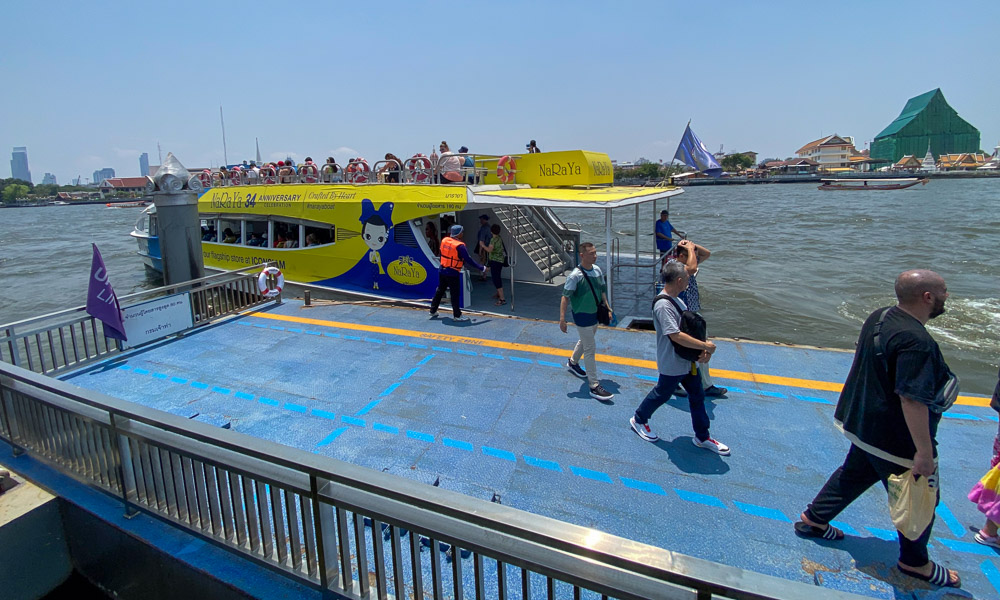
Boats are part of the mix. Granted, most boats whizzing up and down the Chao Phraya River in Bangkok are filled with tourists, but they still form an important part of the transport mix. One that could easily be expanded a lot in Metro Manila.
Anything that takes people out of cars and off the road has to be a good thing by now, and a breezy ferry trip up and down Pasig River could be just the ticket for commuters and tourists alike.
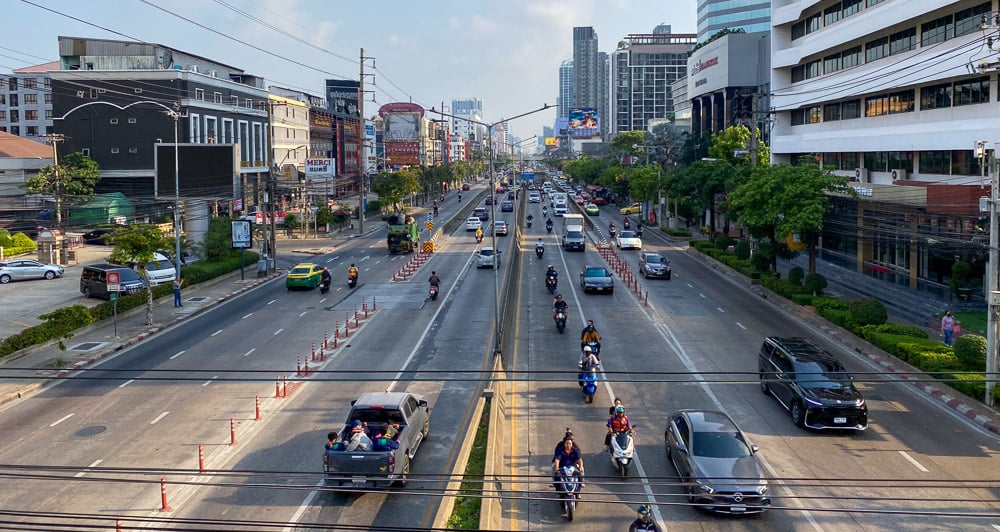
Unfortunately, cycling doesn’t seem to be much of a thing. Metro Manila is thankfully going the right way now, and establishing more and more bicycle lanes. Bangkok, on the other hand, seems to be largely devoid of human-powered two-wheelers, and I didn’t see many dedicated cycle paths. Maybe having such a large and modern metro system means there’s not much need to travel around using muscle power.
In conclusion: Bangkok feels like the megacity Metro Manila could be if it finally got its act together.

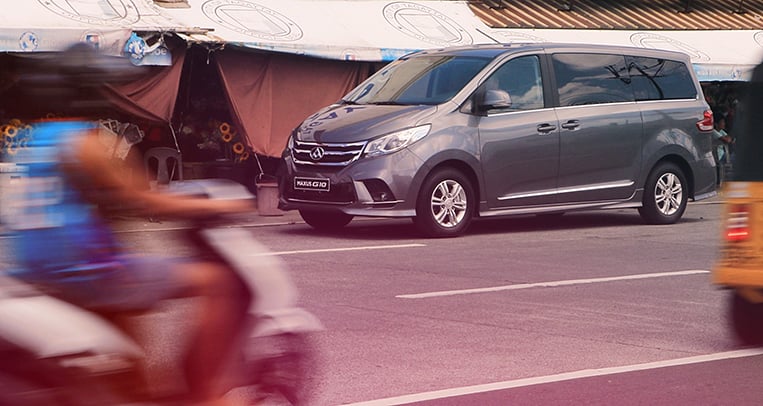
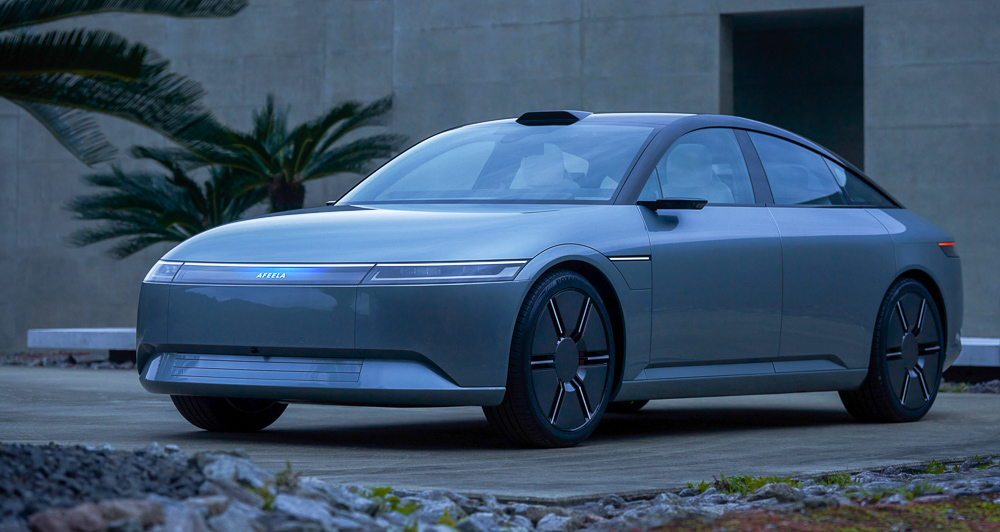
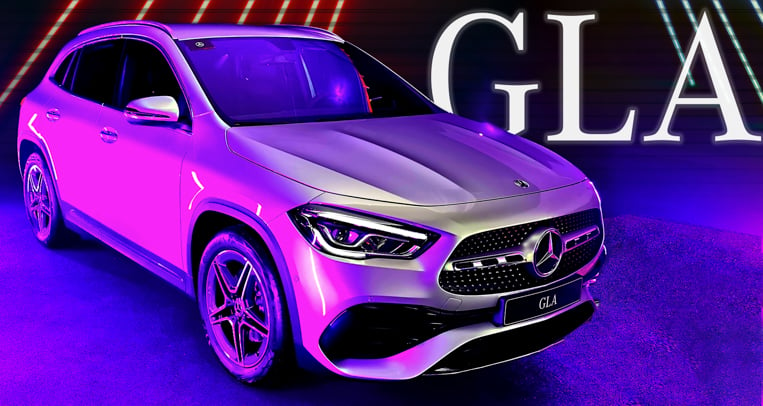
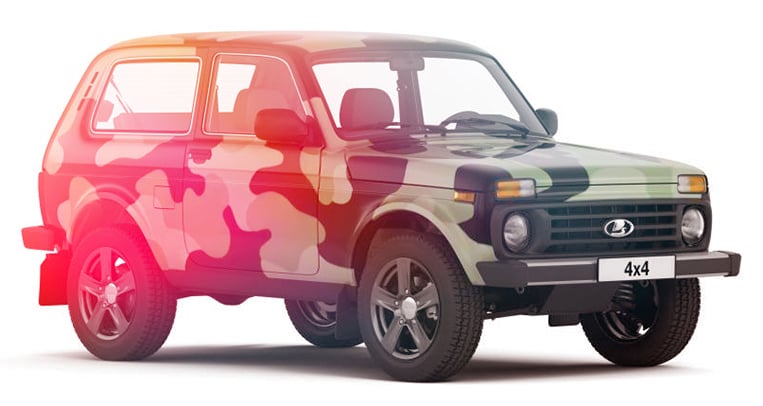
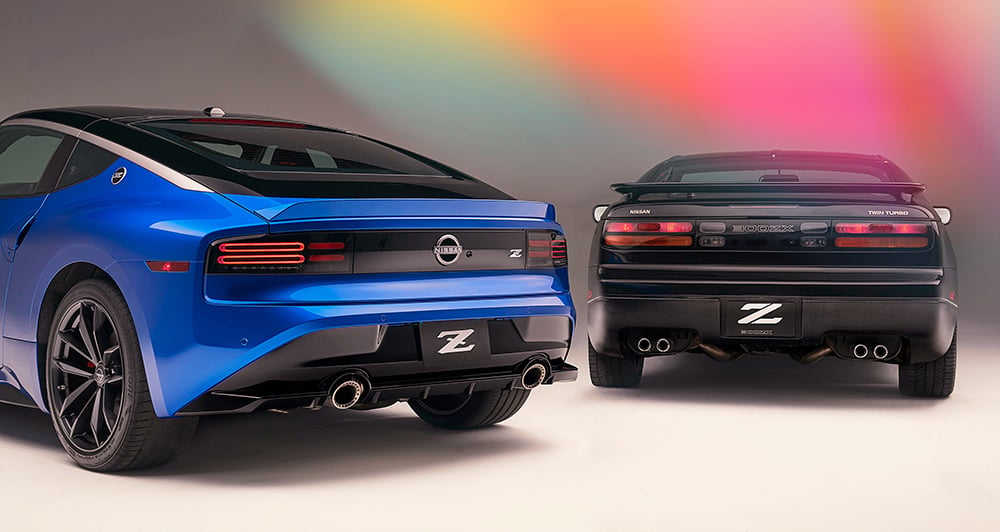
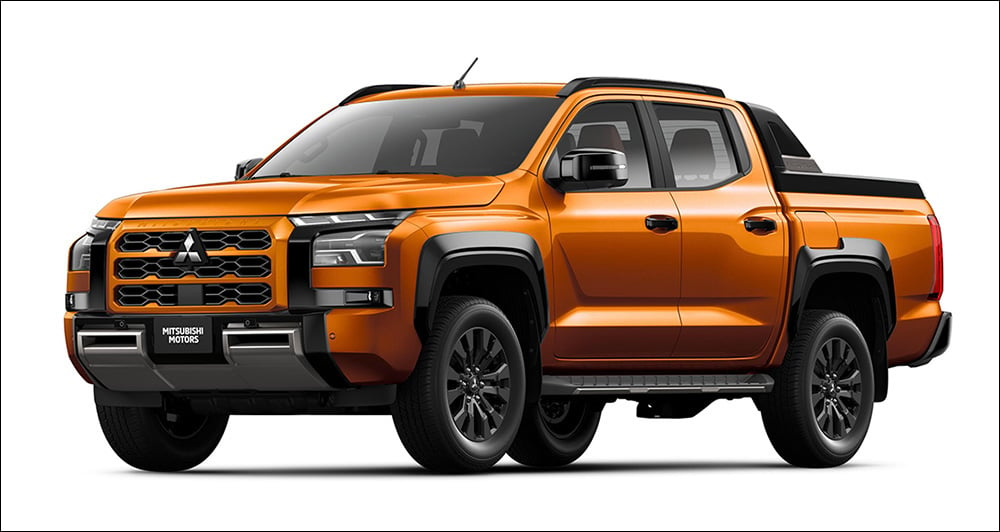



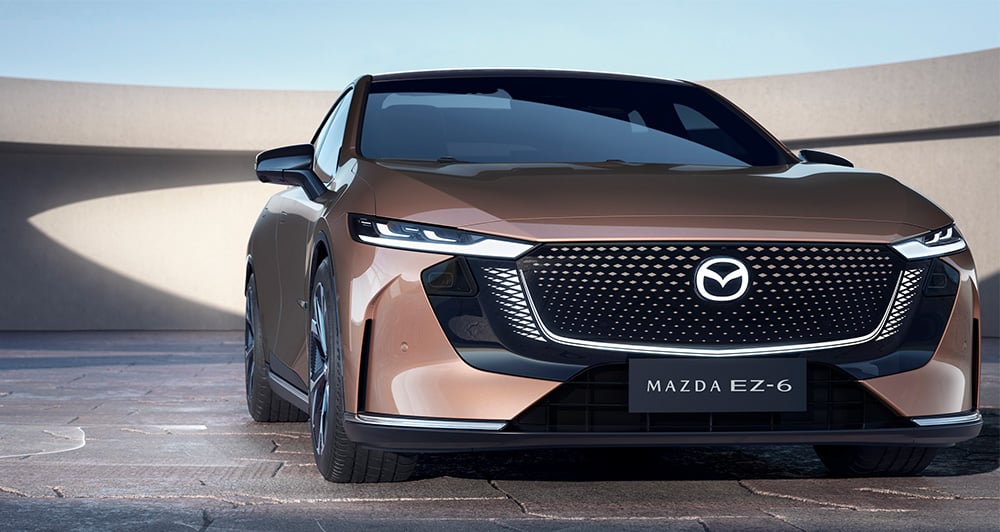
Comments